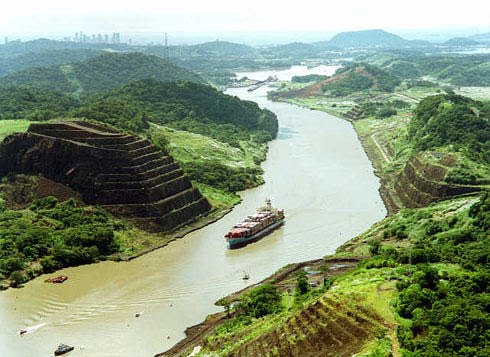Latin America
Forces of reaction and revolution
Economic challenges
Cultural and political identity
Industrialization
Global interests in its’ financial potential
Minimal involvement in WWII
Economy had grown
Cold War stimulated revolutionary idealists
U.S. disliked radicalism
By 1945 more nations would face authoritarian rule
Cuba
Improved: housing, education, health
Failed industrialization
Weakened economy
Involved in the Cold War
Long term problems with U.S.
Economic frustration after fall of USSR
Displacement internationally
Mexico
Party of Institutionalized Revolution
Maintained control and organization
Became very corrupt and practiced repression
Social tension and injustice
Economic failure
1990 Mexico joined NAFTA
2000 ended PRI rule
CHILE
Democracy
Longest running democracy
Economic crisis
Natural disasters
Large disparity in standard of living
Cuba’s example
Revolutionary groups
The CIA was authorized to spend U.S. $8 million to secure the overthrow of Allende; and given the black market price of dollars this was probably worth closer to $40 million. In addition, U.S. loans were cut off; the United States used its influence to block loans from the World Bank and Inter-American Development Bank: it tried to obstruct renegotiation of the Chilean debt; short-term credits from U.S. banks dried up; and the North American copper companies took legal action against Chile to block exports of copper to Europe [This was a reaction due to the appropriation of their mine sites in Chile]. There was, of course, substantial borrowing, particularly from other Latin American countries, and important financial aid was given by credits for long-term development, including a total of U.S. $500 million from the Soviet bloc, were nearly all unspent at the time of the coup. There may not have been a blockade by the United States, but there was a virtual boycott, and the effect on an economy so tied to the U.S. economic system could not but produce serious dislocation. (sic) (Bethell 167)
Move to capitalism
Shift in cultural identity
Purging of education, censorship, curfews, persecution of socialists, secret police (DINA), prison and torture
Absolute dictatorship until October 1989
Political Responses
Liberal democracy
One-party rule
Populist government
Populist nationals
Reformist nationalists
Military government
Communist government

No comments:
Post a Comment